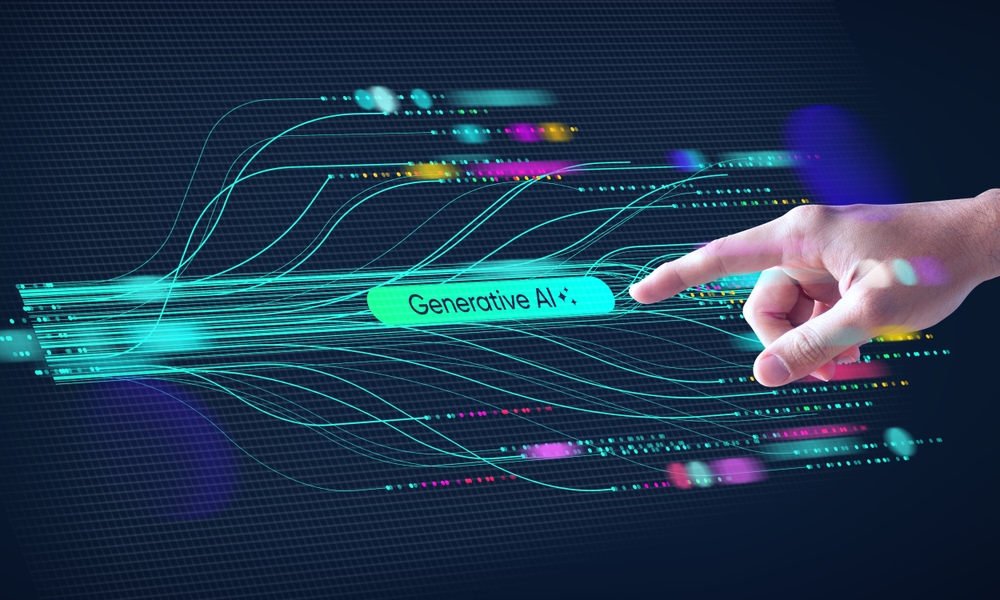fromwww.scientificamerican.com
11 hours agoAI and human intelligence are drastically differenthere's how
When you walk into a doctor's office, you assume something so basic that it barely needs articulation: your doctor has touched a body before. They have studied anatomy, seen organs and learned the difference between pain that radiates and pain that pulses. They have developed this knowledge, you assume, not only through reading but years of hands-on experience and training. Now imagine discovering that this doctor has never encountered a body at all.
Psychology





